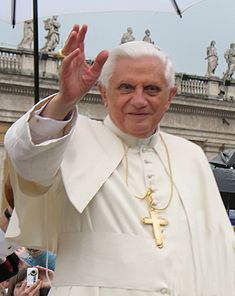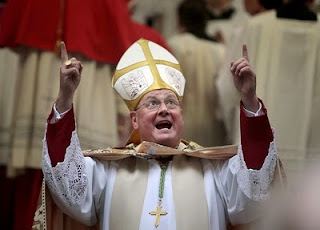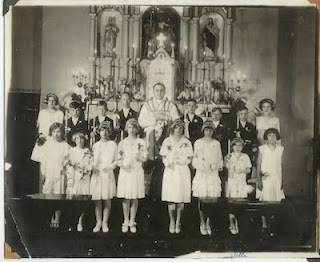Re: The Benedict Book and Condoms
I have thought for a long time that the most serious and insightful writer among what you can call the "right wing pundit" class was Ross Douthat, formerly of The Atlantic and now of the New York Times. This blog post on Benedict's comments on condoms is one of the best discussions of the topic of the Church's position on birth control. A couple of thoughts on Douthat's post. First, the comment by then-Cardinal Ratzinger that specific scenarios regarding a couple's use of birth control cannot "be projected into the abstract" is interesting, for several reasons. First, the entire focus of the birth control teaching as presented is about projecting the question into the abstract. No greater example of this can be found that in Pope John Paul's Theology of the Body program, which more or less spiritualizes every aspect of non-contraceptive married sex. It is really, really hard to square the circle of the approach taken by Ratzinger/Benedict


